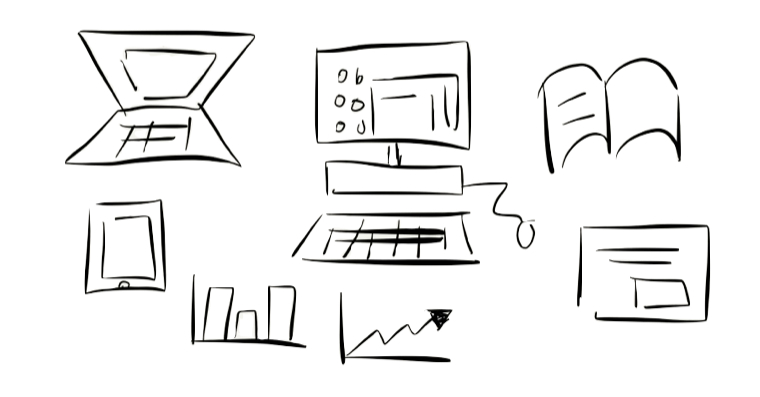Next time you call a meeting with your employees, keep these statistics in mind:
25–50% | Time wasted in meetings (3M Meeting Network survey)
30% | Time in meetings that is a waste (Reported by Psychology Today)
45% | Executives who say employees would be productive if meetings banned at least one day a week (Robert Half International)
To avoid becoming another statistic of wasted time, start following these tips.
What’s the purpose of the meeting?
There are many positive and productive reasons for gathering together a group of coworkers and others for meetings. However, there are also many reasons those meetings end up being a big waste of time.
Here are a few good reasons for meetings:
- Exchanging ideas, intelligence, data or opinions
- Making decisions
- Planning something important
- Presenting something important to a group
- Listening to a presentation
- Training
- Preparation
- Updates/status reports
Here are a few bad reasons for meetings:
- The boss likes meetings
- The boss doesn’t like email
- Brainstorming (unless you are a songwriter or other creative type where participation plays a unique role)
Could this be a thread on Slack?
Are you sure you need a meeting? Former reasons for having meetings can now be addressed more efficiently and productively using collaborative software and project management software like Basecamp or an employee-collaboration platform like Slack. Tip: If a meeting is called solely to figure out the status of the project or where resources reside, chances are project-management software is a far better solution than calling a meeting.
If a meeting is truly necessary, make sure to do these four things.
Plan and prepare. Preparation is crucial for every meeting—this goes for both the person running the meeting and those attending. Have an idea of what you’re going to cover before the meeting begins and bring any reports and materials you might need.
Set a time limit. Many companies limit meetings to 15 minutes and encourage everyone to stand. This is both a healthy thing to do and a reminder that it is supposed to be short. Steve Jobs was famous for using a conversation while taking a walk as a substitute for an office meeting.
Take notes
A great idea for making a meeting less boring: Take notes on a whiteboard.

Immediately distribute notes and assignments.
Ideas and assignments should be recorded and acted upon.
